As you embark on your journey to maximize your athletic potential, a crucial question arises: are there any specific nutritional supplements that could take your performance to the next level? Look no further, for this blog post delves into the realm of nutritional supplements for athletes, shedding light on their significance and the benefits they bring to the forefront of your athletic endeavors. Let’s uncover the secrets to enhancing your performance and achieving your goals with the right nutritional support.
Enhance Your Health with Our Top Nutritional Supplements!
Protein for Muscle Growth and Repair
When it comes to building muscle, protein is an essential component in an athlete’s diet. Whether you are a bodybuilder or simply looking to enhance your athletic performance, protein supplements can help your muscles recover and grow after intense workouts.
- Whey Protein: One of the most popular forms of protein supplements, Whey protein is easily digested and absorbed by the body, making it an excellent choice for post-workout recovery. Brands like Optimum Nutrition’s Gold Standard Whey Protein or Dymatize ISO100 are known for their high quality and effectiveness.
- Plant-Based Protein: For athletes following a vegetarian or vegan diet, plant-based protein supplements can be a great alternative. Products like Vega Sport Performance Protein or Garden of Life Raw Organic Protein offer a range of options to meet your dietary needs.
Creatine for Enhanced Strength and Performance
Creatine is a naturally occurring compound that plays a key role in energy production during high-intensity exercise. Supplementing with creatine can help increase muscle mass, strength, and power output.
- Creatine Monohydrate: Considered one of the most researched and effective forms of creatine, brands like Optimum Nutrition Creatine Powder and MuscleTech Platinum Creatine have been trusted by many athletes for their purity and potency.
BCAAs (Branched-Chain Amino Acids) for Muscle Recovery
BCAAs, consisting of leucine, isoleucine, and valine, are crucial for muscle protein synthesis and recovery. Supplementation with BCAAs can help reduce muscle soreness, improve exercise performance, and support muscle growth.
- Scivation Xtend: Known for its high levels of BCAAs and electrolytes, Scivation Xtend is a popular choice among athletes and bodybuilders.
Vitamins for Overall Health and Immunity
While focusing on performance enhancement is important, maintaining overall health and immunity is equally crucial for athletes. Vitamins play a vital role in energy metabolism, immune function, and recovery.
- Multivitamin Supplements: Opt for a high-quality multivitamin like Optimum Nutrition Opti-Men or Garden of Life’s Vitamin Code Men to ensure you are meeting your daily nutritional needs.
Remember, while supplements can enhance your performance and recovery, they are not a replacement for a balanced diet. It’s always recommended to consult with a healthcare provider or a sports nutritionist before adding any new supplement to your regimen.
Understand your nutritional needs, consider incorporating these key supplements into your routine, and watch as your athletic performance reaches new heights.
Considerations Before Taking Supplements
Before deciding to introduce supplements into your daily routine, there are crucial factors to consider. Taking the time to assess your individual needs, consult with healthcare professionals, and ensure the quality of the supplements can make a significant difference.
Consulting with a Healthcare Provider or Nutritionist
Personalized Approach
- Healthcare providers and nutritionists can evaluate your specific health goals and dietary requirements to recommend suitable supplements.
- Consulting with an expert ensures that you are not taking unnecessary or potentially harmful supplements.
Potential Interactions
- Medical conditions, allergies, medications, and other supplements can interact with the supplements you are considering. Healthcare providers can identify and address any potential conflicts to prevent adverse reactions.
- An example is how iron supplements can interfere with antibiotics absorption, leading to reduced effectiveness. Your healthcare provider can advise on appropriate timing to prevent such interactions.
Ensuring Supplement Quality
- Not all supplements are created equal. Lower-quality supplements may not have the necessary amount or form of the key nutrients.
- Opting for reputable brands with third-party certifications, like USP or NSF, can ensure the quality, purity, and potency of the supplements you choose.
- Example: Garden of Life Vitamin D3 is verified by the United States Pharmacopeia (USP) for quality and purity.
Contamination: The Hidden Danger
One of the major risks associated with improper supplement usage is contamination. Example: Brand X Turmeric Supplements
- Contamination can occur during the production process, where foreign substances or impurities may find their way into the final product.
- Contaminated supplements can lead to serious health issues such as food poisoning, allergic reactions, or even toxicity.
- Ensure you purchase supplements from reputable brands that follow strict quality control measures to minimize the risk of contamination.
Adverse Reactions: Know Your Body
Consuming supplements without proper guidance can sometimes result in adverse reactions. Example: Model Y Protein Powder
- Not everyone reacts the same way to supplements, and some individuals may be sensitive or allergic to certain ingredients.
- Incorrect dosages or incompatible combinations of supplements can lead to nausea, headaches, or more severe reactions.
- It’s essential to consult with a healthcare professional before starting any new supplement regimen to mitigate potential adverse effects.
Moderation and Proper Dosage: Balance is Key
Taking more supplements than recommended or exceeding safe dosage levels can have detrimental effects on your health. Example: Product Z Multivitamins
- Excessive intake of certain nutrients can lead to nutrient imbalances, poisoning, or interference with medication.
- Follow the recommended dosage instructions provided by the manufacturer or healthcare provider to avoid overdosing.
- Moderation is key when it comes to supplement consumption to ensure you reap the benefits without risking your well-being.
In conclusion, proper supplement usage requires careful consideration of potential risks and side effects. By staying informed, following dosage recommendations, and choosing reputable brands, you can maximize the benefits of supplements while minimizing potential harm to your health.
Regulations Surrounding Nutritional Supplements for Athletes:
The use of nutritional supplements by athletes is governed by a complex web of regulations to ensure fairness, safety, and integrity in sports. Being aware of these rules is crucial for athletes aiming to stay compliant and achieve peak performance. Here’s a breakdown of important considerations:
Banned Substances:
- WADA Prohibited List: The World Anti-Doping Agency (WADA) publishes and regularly updates a list of prohibited substances and methods in sports. Athletes need to be vigilant about the ingredients in the supplements they consume, as even seemingly innocuous additions can lead to disqualification or penalties.
- Informed-Sport Certification: Look for products that carry the Informed-Sport certification, which guarantees that the supplement has undergone rigorous testing for prohibited substances. This certification provides assurance to athletes that the product is safe for use in competitive sports.
Importance of Choosing Certified Products:
- High-Quality Ingredients: Opt for supplements from reputable brands that prioritize quality and transparency. Look for products that list all ingredients clearly on the label, with no hidden proprietary blends that may contain banned substances.
- Trusted Brands: Brands like Optimum Nutrition, MusclePharm, MyProtein, and NOW Sports have established credibility in the sports nutrition industry. Their extensive range of Informed-Sport certified products caters to various athlete needs.
- Comprehensive Labels: Pay attention to the product’s label, ensuring it bears the necessary certifications and lists any potential allergens or banned substances it’s free from. Transparency and attention to detail are crucial when selecting nutritional supplements as an athlete.
Key Takeaways:
- For athletes, compliance with anti-doping regulations is non-negotiable. Over-the-counter supplements may sometimes contain banned substances that aren’t explicitly mentioned on the label.
- Choosing Informed-Sport certified products from reputable brands can help athletes navigate the regulatory landscape safely and confidently.
For athletes determined to excel in their sport, understanding the legal and regulatory environment surrounding nutritional supplements is paramount. By opting for certified products from trustworthy brands, athletes can focus on their training and competitions with peace of mind.
Maximizing Performance: The Key Supplements for Athletes
In conclusion, prioritizing safety, quality, and meeting individual needs when considering nutritional supplements for athletes is essential. Seeking guidance from experts and ensuring compliance with regulations are vital aspects for maximizing the benefits of these supplements.
Unlock the Power of Nutritional Supplements
Which nutritional supplements have been proven to enhance athletic performance and recovery?
There are several nutritional supplements that have been scientifically proven to enhance athletic performance and aid in recovery. Some of the most researched and commonly used supplements include:
- Creatine: Known for improving strength and power, as well as muscle mass and recovery.
- Branched-Chain Amino Acids (BCAAs): Linked to reducing muscle breakdown, while supporting muscle recovery and growth.
- Whey Protein: A fast-digesting protein that helps with muscle repair and growth after exercise.
- Beta-Alanine: Shown to increase muscle endurance and reduce muscle fatigue during high-intensity activities.
- Fish Oil: Contains omega-3 fatty acids, which may help reduce inflammation and improve recovery.
How should athletes determine the quality and safety of nutritional supplements on the market?
Athletes should start by looking for supplements that are verified by third-party organizations such as NSF International, Informed-Choice, or USP. These organizations test supplements to ensure they are safe and contain the ingredients listed on the label. Additionally, athletes should choose brands that follow Good Manufacturing Practices (GMP) and have a solid reputation within the industry. Reading reviews from other athletes and consulting with a sports nutritionist or healthcare provider can also provide valuable insights into the quality and safety of nutritional supplements on the market. Remember, safety should always be a top priority when selecting supplements to support athletic performance.
Are there specific recommendations for endurance athletes versus strength trainers when it comes to nutritional supplements?
Yes, there are specific recommendations for endurance athletes and strength trainers regarding nutritional supplements. Endurance athletes may benefit from supplements like carbohydrates, electrolytes, and caffeine to enhance stamina and performance during long duration exercise. On the other hand, strength trainers may focus on supplements such as protein powders, creatine, and branched-chain amino acids to support muscle growth and recovery. It is recommended for both groups to consult with a nutritionist or sports dietitian to determine individual needs and develop a personalized supplement plan based on their training goals and dietary requirements.
Are there certain vitamins or minerals that are recommended in higher quantities for athletes?
Yes, there are certain vitamins and minerals that are recommended in higher quantities for athletes to support their increased physical activity and exercise regimen. Important nutrients that play a crucial role for athletes include:
- Vitamin D: Essential for musculoskeletal health and immune function. Athletes may need higher levels to optimize performance and recovery.
- Calcium: Supports bone health and muscle function, which is particularly important for athletes who undergo repetitive impact on their bones.
- Iron: Vital for oxygen transport in the blood and energy production. Endurance athletes, in particular, may require higher levels to prevent iron deficiency anemia.
- Magnesium: Important for energy metabolism, muscle function, and nerve impulses. Athletes often have higher magnesium needs due to increased sweat loss and metabolic demands.
- B vitamins (B12, B6, folate): Play a key role in energy production and red blood cell formation. Athletes may benefit from additional B vitamins to support optimal energy levels.
What are the specific nutritional supplement needs of athletes compared to the general population?
Athletes’ nutritional supplement needs differ from those of the general population due to their increased physical demands and training intensity. Athletes require higher amounts of macronutrients like protein and carbohydrates to support muscle repair and energy production, as well as micronutrients such as vitamins and minerals to promote overall health and performance. Additionally, some athletes may benefit from specific supplements like creatine for strength and power, or branched-chain amino acids for muscle recovery. It is essential for athletes to consult with a healthcare provider or a sports nutritionist to tailor their supplement regimen to their individual needs.
Are there any potential risks or side effects athletes should be aware of when taking certain nutritional supplements?
Yes, athletes should be aware of potential risks or side effects when taking certain nutritional supplements. Some supplements may contain substances banned by sports organizations, leading to disqualification or legal consequences. Others may cause adverse reactions or interact with medications. Athletes should always consult with a healthcare professional or a sports nutritionist before adding supplements to their routine to ensure they are safe and effective for their individual needs. It is essential to prioritize the safety and well-being of athletes when considering supplement intake on their athletic performance.

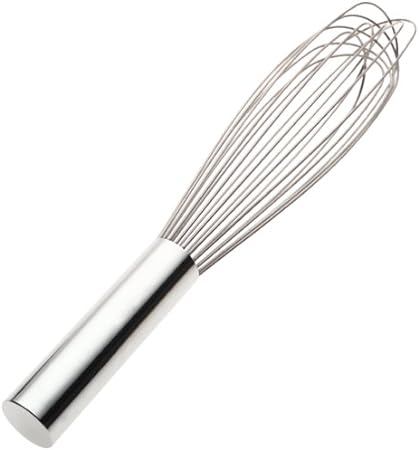

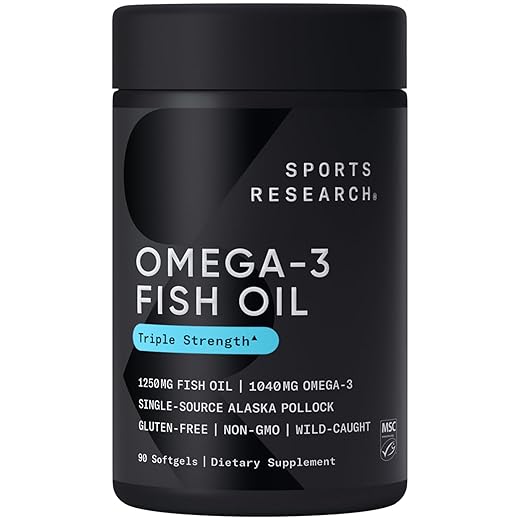







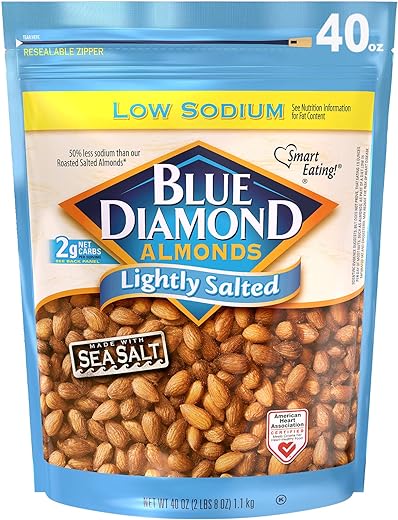
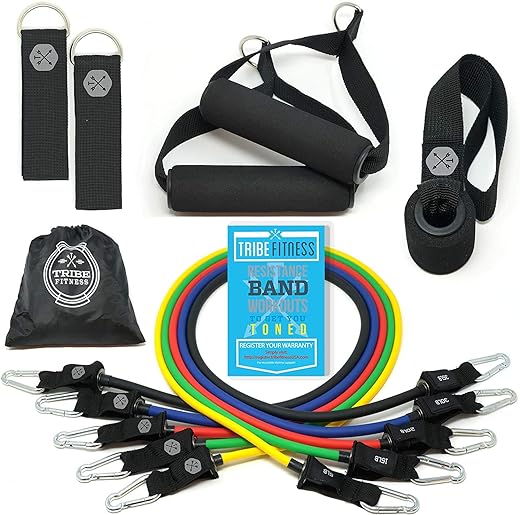
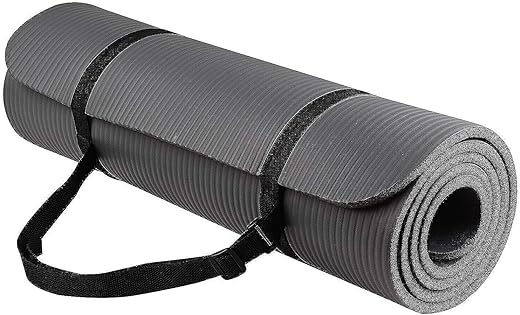
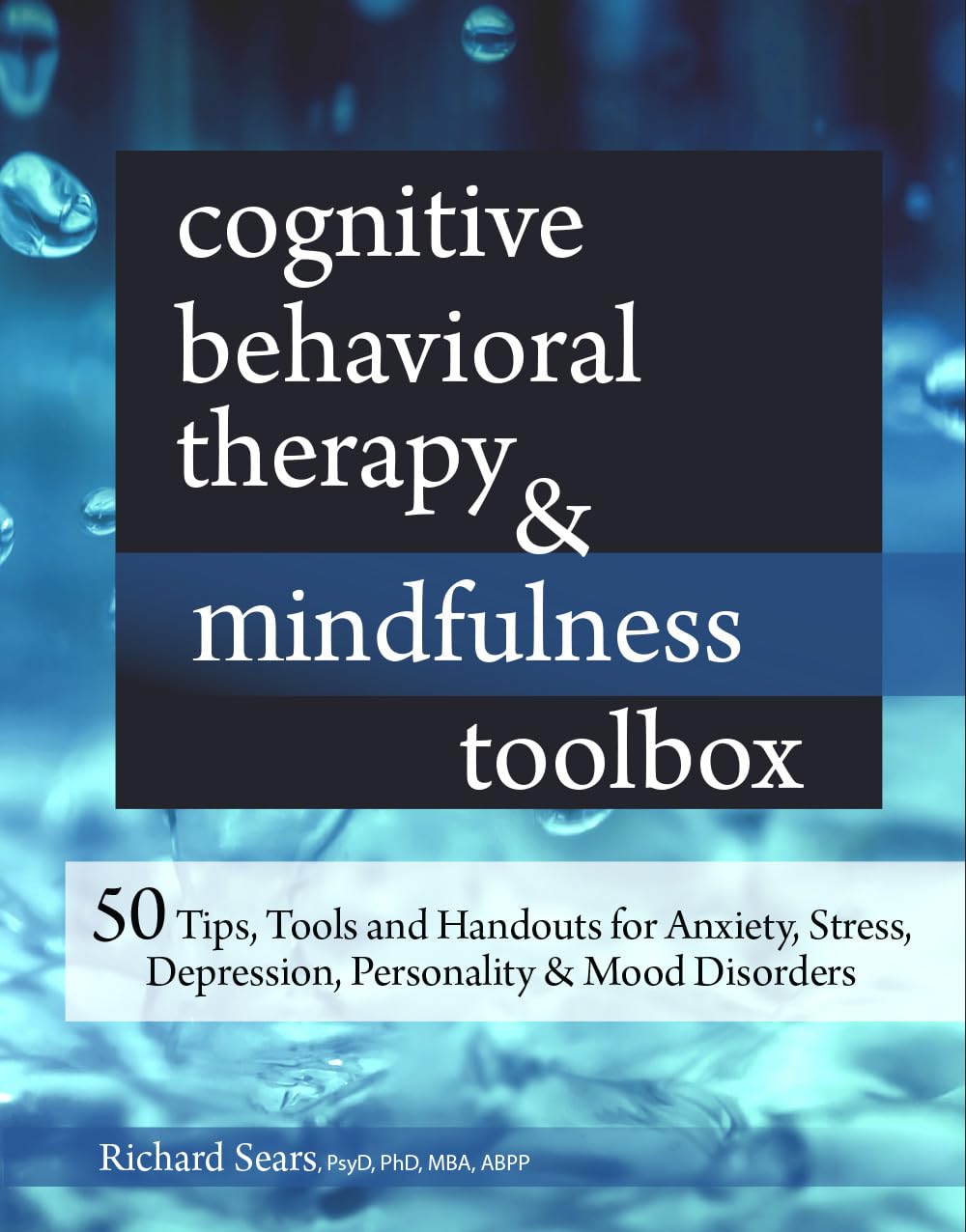
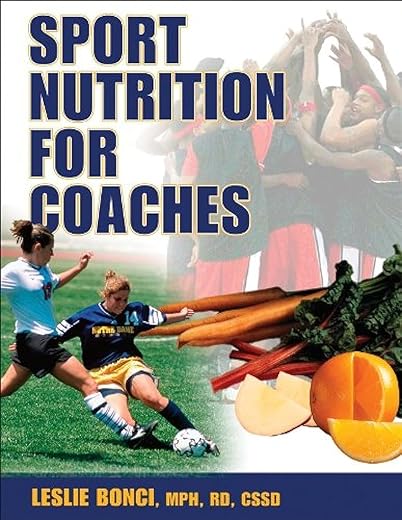
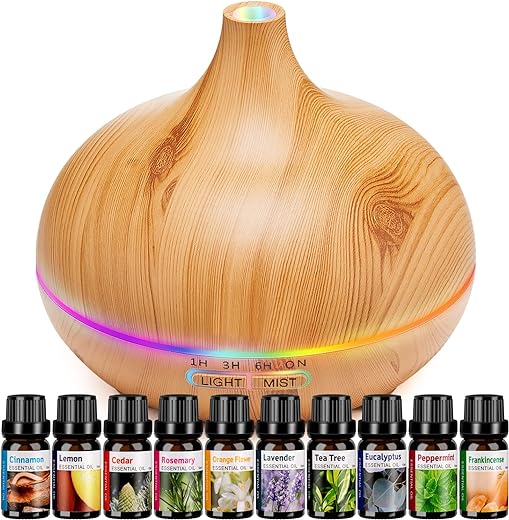


I followed the recommendations in the article and noticed a significant improvement in my endurance during workouts. Thank you for the insightful information!
Thank you for bringing up this important point. In the next article, I will delve deeper into the necessity of protein supplements for different types of athletes.
I would be interested in learning more about the best timing to take nutritional supplements for optimal performance. Could you explore this in a future article?
Great suggestion! I will definitely cover the optimal timing for taking nutritional supplements in an upcoming article.
I have heard conflicting opinions on whether protein supplements are necessary for all athletes. Can you provide more clarity on this issue?
It would be helpful to know how athletes can navigate the legal and regulatory landscape when it comes to using nutritional supplements.
Absolutely! I will provide a detailed overview of the legal and regulatory considerations surrounding nutritional supplements for athletes in the next article.
Do you have any recommendations for reliable sources to purchase quality nutritional supplements for athletes?
I wonder if there are any natural alternatives to traditional nutritional supplements that can still benefit athletes?